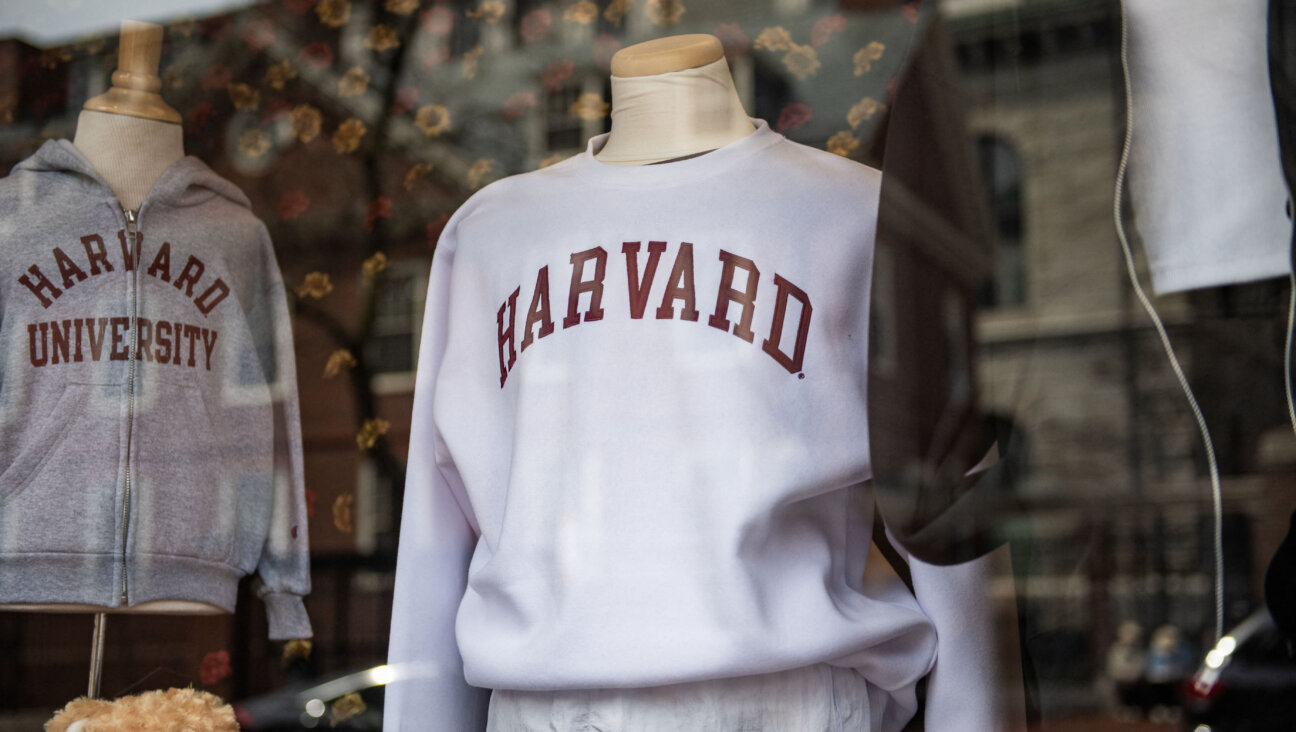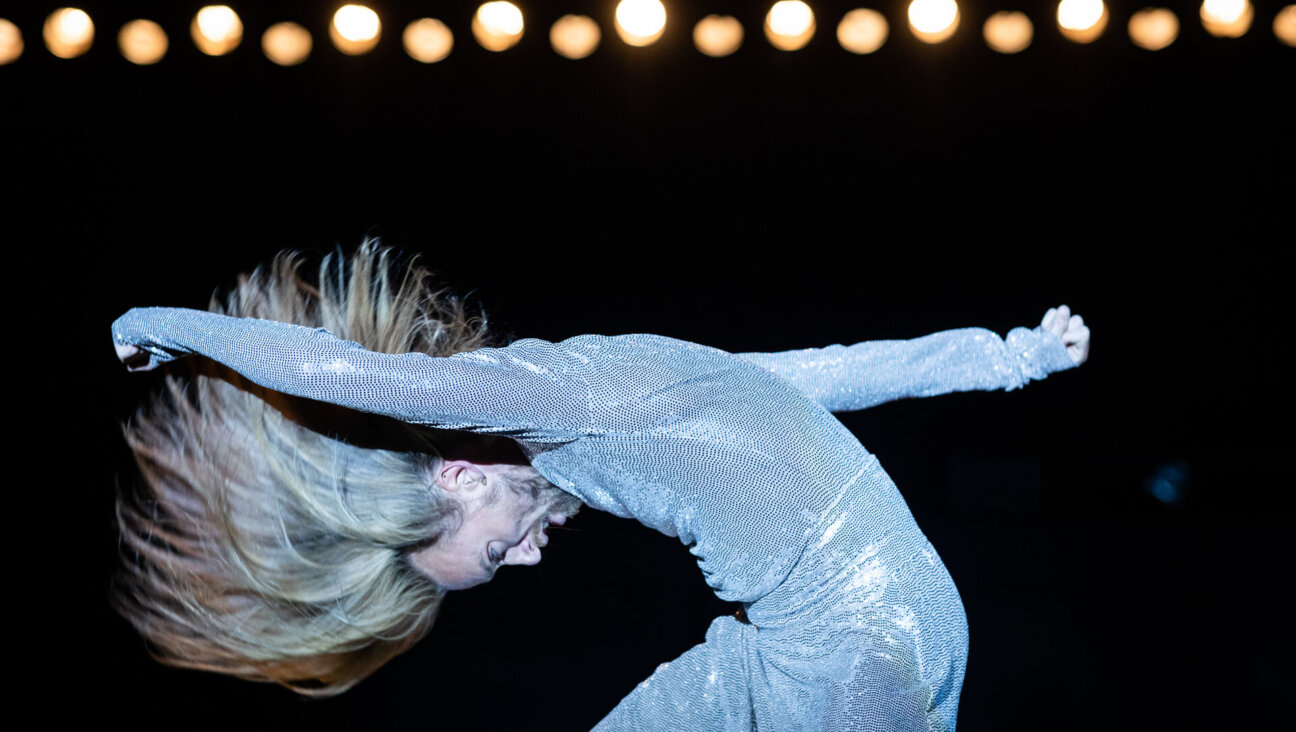The Muslim Brotherhood Will Stand Up for All Egyptians
Reading Mona Eltahawy’s September 21 opinion article, I felt more than ever that all Egyptians — regardless of their ideological orientation, gender or age — have a lot in common (“I Will Stand Up for the Muslim Brotherhood”). Eltahawy and I differ on much, yet we share a common objective and we struggle for the same cause of bringing real democracy, justice and freedom to Egypt.
Eltahawy is critical of the Muslim Brotherhood’s political orientation and stances on a number of issues, yet she stands with us in solidarity against the Egyptian government’s crackdowns. It is important that Egyptians of different political views defend each others’ political rights, as Eltahawy has done — and as several Muslim Brotherhood members, myself included, have previously done on behalf of opposition leaders Ayman Nour and Talaat El Sadaat and bloggers Kareem Amer and Sandmonkey.
Nor is that the only point on which we agree.
In her opinion article, Eltahawy criticizes the Muslim Brotherhood’s leader, Mohammed Mahdi Akef, for calling her “naked” because she was wearing a short-sleeved T-shirt and pants. I could not agree more with her.
Not wearing the hijab, or headscarf, makes a woman unveiled, not naked. I realize how offensive it is to call someone “naked” for not wearing a headscarf, and I find Akef’s comment unjustifiable.
To be clear, I support Akef’s stance on wearing the hijab, and like him view it as a religious obligation. There has been consensus on that among Islamic scholars for centuries.
Yet this has got nothing to do with the Muslim Brotherhood as a political group. While we believe that wearing the hijab is an obligation, we believe it is an individual woman’s choice to uphold it — a choice that the state should not interfere in.
There is a difference between what Islamists, and Muslims in general, regard as correct, and what they regard as enforceable by the state. This difference has unfortunately been blurred by the misguided practices of some contemporary Islamist systems, and in order to clear up any misconceptions the literature of moderate Islamist scholars needs to be scrutinized further.
Where I do disagree with Eltahawy is on the Muslim Brotherhood’s commitment to democracy, which she calls into question. Akef’s refusal to recognize different interpretations of quranic verses concerning women’s dress makes Eltahawy cynical about his ability to accept pluralism.
Not accepting another interpretation as authentic, however, does not mean attempting to silence it.
Every person is entitled to believe in the correctness or incorrectness of an idea, but he or she has no right whatsoever to enforce that belief on others. Akef, who told Eltahawy there are no other interpretations of the verse, never tried to force his beliefs on her.
As she herself writes, in 2005 she walked into the Muslim Brotherhood’s headquarters and no one asked her to wear a headscarf, as they had when she visited the offices a decade earlier. This should give a strong indication of the positive changes taking place within the Muslim Brotherhood.
More importantly, acceptance of political pluralism is much easier than accepting pluralism in text interpretation. In the world of politics, Shariah only sets objectives to be achieved and core values to be taken into account. This leaves large room for dynamism, even among Islamist lines of thought.
We understand the rules of democracy, and realize that people have the right to choose to do whatever they want, even if we view their choice as incorrect. At the end of the day, what matters should be neither the Muslim Brotherhood leaders’ opinion nor that of President Hosni Mubarak, but rather the Egyptian people’s opinion, as manifested in ballot boxes in free and fair elections — given, of course, that their decision does not undermine the basic rights or civil liberties of any group or individual.
I agree with Eltahawy when she writes that the Muslim Brotherhood is “the last man standing in Egypt.” I sincerely believe this puts an additional responsibility on the group, as it must shoulder the burden of helping others to stand.
As declared several times by leaders including Deputy Chairman Khayrat El Shatir (who is currently being tried by a military tribunal), the Muslim Brotherhood realizes that no single party or group will be able to solve Egypt’s economic, political and social problems. It is for this specific reason that Muslim Brotherhood members need to hear constructive criticism and advice from their political rivals, so we can all help each other move forward in pushing for genuine reform in Egypt.
Eltahawy says she is unconvinced that a majority of Egyptians would vote for the Muslim Brotherhood in free and fair elections. I agree, as it was the regime’s harsh crackdowns and unsuccessful distortion campaign in the media that helped deliver the elections to the Muslim Brotherhood, along with a clear maturity in the group’s political and organizational capabilities.
If contested in free and fair elections, the Muslim Brotherhood would at most win around 45%-50% of votes. Yet the silent majority that would not vote for the Muslim Brotherhood would, if given the chance, vote against the extralegal measures used by Mubarak’s regime to silence the group. Most Egyptians know that these suppressive measures only contribute to boosting radicalism, with consequences that may be devastating to all of us.
It is true, as Eltahawy notes, that Mubarak and his regime have played the bogeyman card. They have been able to do so in part because the Muslim Brotherhood has failed to reach out to the world and convey a better understanding of what the group stands for.
More effort has been put into dialogue in recent years, particularly after the parliamentary success in 2005, and a notable number of Western intellectuals and policymakers have come to see the real face of the Muslim Brotherhood. Hopefully these efforts, along a sincere and evenhanded defense of human rights, will help Egypt move forward toward becoming an inclusive democracy.
I wholeheartedly salute the positive spirit exhibited in Eltahawy’s opinion article. I salute her pragmatism, I salute her willingness to overcome ideological disputes and work with political rivals for a common cause, and I salute her uncompromising position on human rights and her defense of freedom for all.
It is through this kind of spirit that dialogue becomes fruitful — and it is such spirit that makes one confidently say that we are capable of standing up united for Egypt.
Ibrahim El Houdaiby is a Cairo-based board member of Ikhwan Web, the Muslim Brotherhood’s English-language Web site
The Forward is free to read, but it isn’t free to produce

I hope you appreciated this article. Before you go, I’d like to ask you to please support the Forward.
Now more than ever, American Jews need independent news they can trust, with reporting driven by truth, not ideology. We serve you, not any ideological agenda.
At a time when other newsrooms are closing or cutting back, the Forward has removed its paywall and invested additional resources to report on the ground from Israel and around the U.S. on the impact of the war, rising antisemitism and polarized discourse.
This is a great time to support independent Jewish journalism you rely on. Make a Passover gift today!
— Rachel Fishman Feddersen, Publisher and CEO
Most Popular
- 1

News Student protesters being deported are not ‘martyrs and heroes,’ says former antisemitism envoy
- 2

News Who is Alan Garber, the Jewish Harvard president who stood up to Trump over antisemitism?
- 3

Fast Forward Suspected arsonist intended to beat Gov. Josh Shapiro with a sledgehammer, investigators say
- 4

Opinion What Jewish university presidents say: Trump is exploiting campus antisemitism, not fighting it
In Case You Missed It
-
Fast Forward Jewish students, alumni decry ‘weaponization of antisemitism’ across country
-

Opinion I first met Netanyahu in 1988. Here’s how he became the most destructive leader in Israel’s history
-

Opinion Why can Harvard stand up to Trump? Because it didn’t give in to pro-Palestinian student protests
-

Culture How an Israeli dance company shaped a Catholic school boy’s life
-
Shop the Forward Store
100% of profits support our journalism
Republish This Story
Please read before republishing
We’re happy to make this story available to republish for free, unless it originated with JTA, Haaretz or another publication (as indicated on the article) and as long as you follow our guidelines.
You must comply with the following:
- Credit the Forward
- Retain our pixel
- Preserve our canonical link in Google search
- Add a noindex tag in Google search
See our full guidelines for more information, and this guide for detail about canonical URLs.
To republish, copy the HTML by clicking on the yellow button to the right; it includes our tracking pixel, all paragraph styles and hyperlinks, the author byline and credit to the Forward. It does not include images; to avoid copyright violations, you must add them manually, following our guidelines. Please email us at [email protected], subject line “republish,” with any questions or to let us know what stories you’re picking up.











